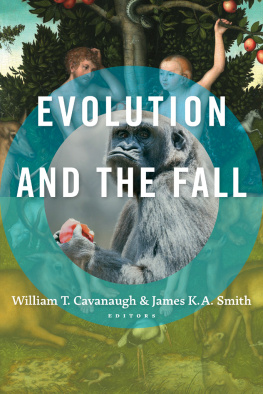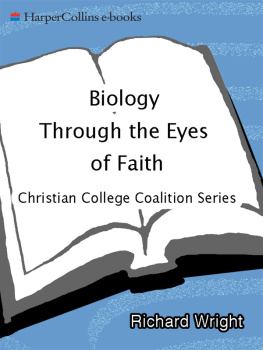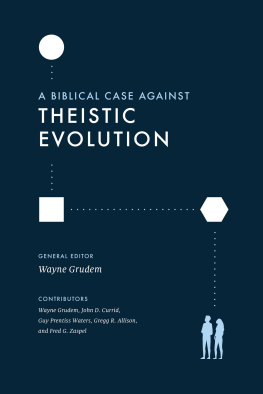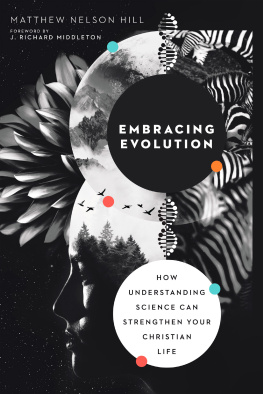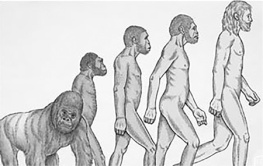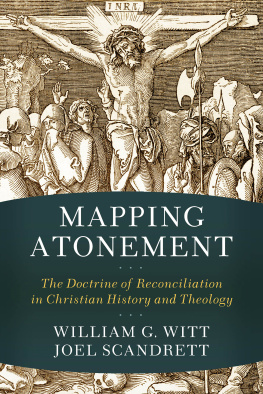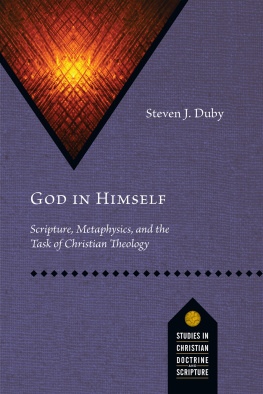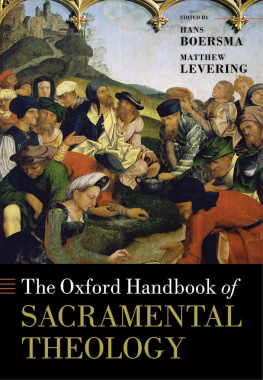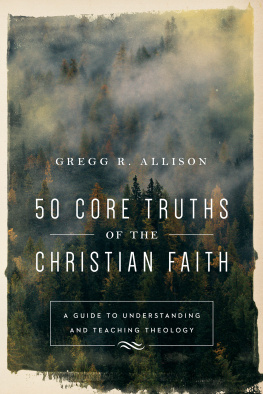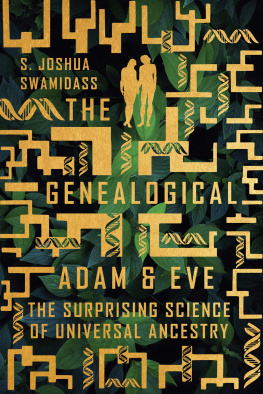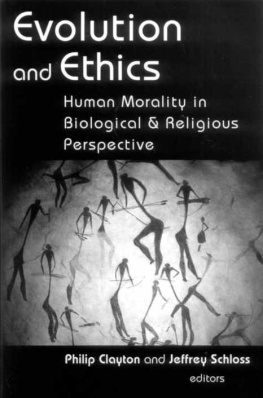Evolution and the Fall
Edited by
William T. Cavanaugh & James K. A. Smith
WILLIAM B. EERDMANS PUBLISHING COMPANY
GRAND RAPIDS, MICHIGAN
Wm. B. Eerdmans Publishing Co.
2140 Oak Industrial Drive N.E., Grand Rapids, Michigan 49505
www.eerdmans.com
2017 William T. Cavanaugh and James K. A. Smith
All rights reserved
Published 2017
23 22 21 20 19 18 171 2 3 4 5 6 7
ISBN 978-0-8028-7379-8
eISBN 978-1-4674-4686-0
Library of Congress Cataloging-in-Publication Data
A catalog record for this book is available from the Library of Congress
Contents
One thing is clear: as a culture we no longer have the place or patience needed to tackle difficult issues and questions. Where does one go to consider and discuss the pressing issues of the day, to explore questions whose answers are not readily or easily found?
At The Colossian Forum, we believe that difficult questionslike the ones discussed in this bookbelong to (and so belong in) the community that is the church. We confess that we have been given, in the church and its teachings, everything we need to engage divisive cultural questions in ways that both extend the tradition faithfully and deepen human flourishing. Whats more, in the churchs practices of worship weve been given a common space in which we might take up these difficult issues. We need not rush through to an easy answer, but, rooted in liturgical time, we can, together with all the saints, address questions as occasions to manifest love of God and neighbor.
The Colossian Forum exists to equip leaders to transform cultural conflicts into opportunities for spiritual growth and witness. This book is one example of the kind of dialogue we have in mind. Over the course of three years, ten scholars from a variety of disciplines gathered with The Colossian Forum to consider and address one particularly difficult question: If humanity emerged from nonhuman primates (as genetic, biological, and archaeological evidence seems to suggest), then what are the implications for Christian theologys traditional account of origins, including both the origin of humanity and the origin of sin?
As we considered this question together, we did so not from within the practices of the secular academy but from within the shared confessions and practices of the Christian faith. We took into account the sense of the faithful and the pressures on local pastors as well as the most recent scholarship. We considered the capacity to glorify Christ and receive his Word as a central evaluative criterion of truth, thus equipping us to engage the developments in genetics and paleoanthropology with fresh eyes and renewed hope.
More than a collection of essays tilling the same old tired ground, this book represents an innovative conversation with some of todays brightest Christian minds, seeking to build up the church in both truth and love. Its just this sort of conversation that youre invited to join.
Thanks to the editors, Bill Cavanaugh and Jamie Smith, for skillfully guiding such a diverse group of scholars on such an unusual adventure, drawing together diverse trains of thought into a compelling vision for the future of this conversation. Their wisdom, ecclesial hearts, and, perhaps most importantly, sense of humor and delight in the experience made it an honor to accompany them and the team all along the way.
MICHAEL GULKER
President, The Colossian Forum
September 2016
While we hope this book contributes to the future of engagements between science and theology, for those of us involved it will also be a reminder of a season spent together as friends, collaborators, and co-pilgrims. This was all made possible by the gracious hospitality of the Colossian Forum, whose vision and mission informs this project, and whose virtues and practices were experienced by all of us involved in the project. We are deeply grateful to Michael Gulker, President; Rob Barrett, Director of Forums & Scholarship; and the inexplicably kind and omnicompetent Andy Saur for their support, encouragement, patience, and inspiration.
We are also grateful to the busy scholars who agreed to be part of this project. We asked them for a lot. Most significantly, we asked them for a not insignificant commitment to time together, despite many other demands on their time. We hope their experience of this collaboration was as life-giving for them as it was for us.
This project was underwritten by the generous support of the BioLogos Foundations Evolution and Christian Faith grant program (which, in turn, was funded by the John Templeton Foundation). We would like to express our appreciation to Deborah Haarsma and Kathryn Applegate for their support, wisdom, and flexibility.
William T. Cavanaugh is professor of Catholic studies and director of the Center for World Catholicism and Intercultural Theology at DePaul University. His degrees are from Notre Dame, Cambridge, and Duke. He has published numerous articles and seven books, most recently Field Hospital: The Churchs Engagement with a Wounded World (Eerdmans, 2016). Other books include Torture and Eucharist: Theology, Politics, and the Body of Christ (Blackwell, 1999) and The Myth of Religious Violence: Secular Ideology and the Roots of Modern Conflict (Oxford, 2009). His books have been published in French, Spanish, Polish, Norwegian, Arabic, and Swedish.
Celia Deane-Drummond is currently full professor in theology at the University of Notre Dame and director of the Center for Theology, Science, and Human Flourishing. Her research interests are in the engagement of theology and natural science, including specifically ecology, anthropology, genetics, and evolution. She has published or edited twenty-five books and over two hundred scientific and scholarly articles or book chapters. Her most recent books include Future Perfect, ed. with Peter Scott (Continuum, 2006, 2nd ed. 2010); Ecotheology (DLT/Novalis/St. Marys, 2008); Christ and Evolution (Fortress/SCM, 2009); Creaturely Theology, ed. with David Clough (SCM, 2009); Religion and Ecology in the Public Sphere, ed. with Heinrich Bedford-Strohm (Continuum, 2011); Animals as Religious Subjects, ed. with Rebecca Artinian Kaiser and David Clough (T&T Clark/Bloomsbury, 2013); The Wisdom of the Liminal: Human Nature, Evolution and Other Animals (Eerdmans, 2014); and Technofutures, Nature, and the Sacred: Transdisciplinary Perspectives, ed. with Sigurd Bergmann and Bronislaw Szerszynski (Ashgate, 2015).
Darrel R. Falk is professor of biology (emeritus) at Point Loma Nazarene University in San Diego, CA, where he has been since 1988. He is the former president of the BioLogos Foundation from 2009 to 2012 and currently serves as BioLogoss Senior Advisor for Dialog. He earned a doctorate in genetics from the University of Alberta and did postdoctoral work at the University of British Columbia and the University of California, Irvine before beginning his career on faculty at Syracuse University. He has given numerous talks about the relationship between science and faith, and is the author of Coming to Peace with Science: Bridging the Worlds Between Faith and Biology (IVP, 2004).
Joel B. Green is provost, dean of the School of Theology, and professor of New Testament interpretation at Fuller Theological Seminary. He has written or edited more than forty-five books, including Conversion in Luke-Acts: Divine Action, Human Cognition, and the People of God (2015); Why Salvation? (2013); Ears That Hear: Explorations in Theological Interpretation of the Bibl

